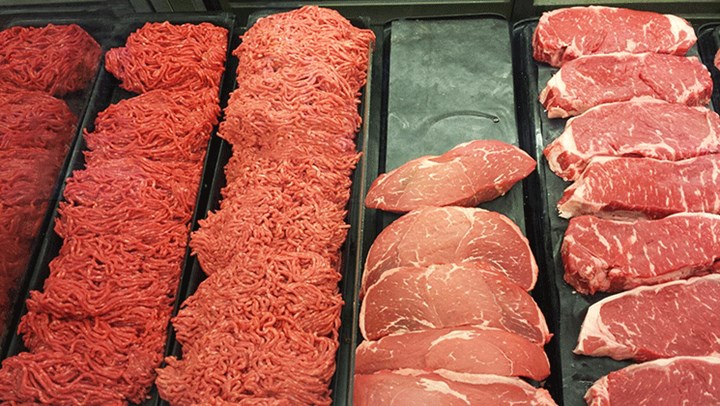
by Karen Mehall Phillips - Thursday, June 23, 2016

Attention American hunters and meateaters: Did you know the Humane Society of the United States (HSUS) has been busy working 24/7 to push a "Meatless Mondays" campaign for all military cafeterias? The measure got as far as the fiscal 2017 Defense Department appropriations bill in the U.S. House last week but was struck down Thursday, thanks to Rep. Adrian Smith (R-Neb.), who proposed an amendment prohibiting it.
"I am not willing to allow activist groups to tell members of our military—who risk their lives to keep us safe—they cannot enjoy a hamburger or steak on certain days of the week simply to advance an agenda against animal agriculture," said Smith, as reported by Meatingplace.com, an online news source for meat and poultry processors. "Meat contains vitamins and nutrients not readily available in a plant-based diet. My amendment is not a mandate or a prohibition. It simply ensures there is a meat option available to our troops each day."
The National Cattlemen’s Beef Association sent a letter to Capitol Hill stating, "Meatless Monday is not a program based off of nutrition or sound science. It is an anti-meat, anti-animal agriculture, and anti-farmer policy agenda disguised as science.”
As noted by the Meat Import Council of America, last week Sen. Joni Ernst (R-Iowa) also introduced legislation to prohibit Meatless Monday. “The push for Meatless Mondays is misguided at best, and goes against dietary guidelines,” said Ernst in a statement to Pro Ag on June 13. “Our men and women in uniform should have the option to consume the protein they need, including meat, on a daily basis.”
While the HSUS lost this particular battle, we recognize that the ban was simply one more box it seeks to check off as part of its anti-hunting, anti-meat agenda in ongoing efforts to infiltrate our daily lives from our military to our political system, schools and hospitals. The Meatless Mondays campaign has been debated since 2012 when the U.S. Department of Agriculture endorsed the idea, but then quickly withdrew it.
E-mail your comments/questions about this site to:
EmediaHunter@nrahq.org
